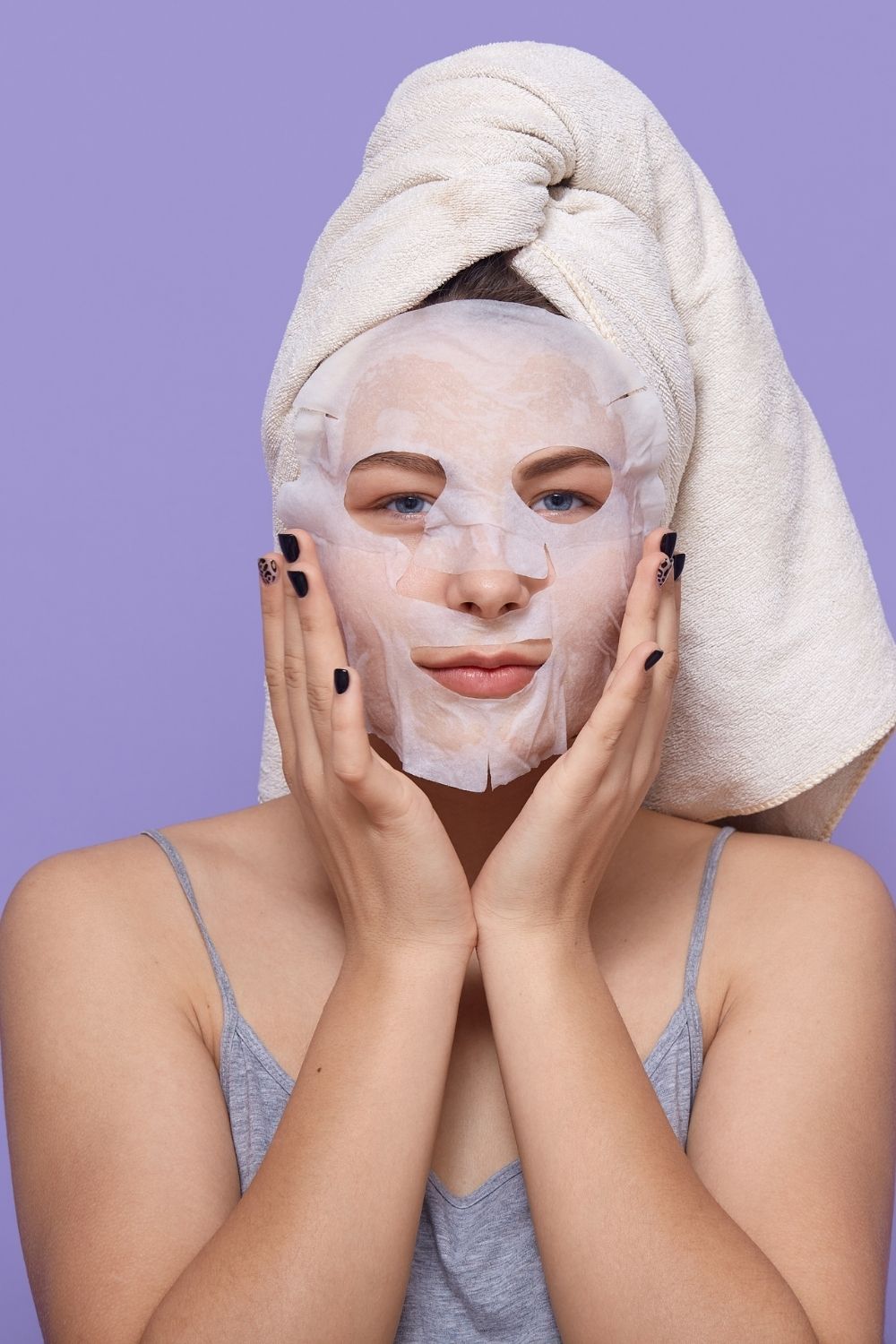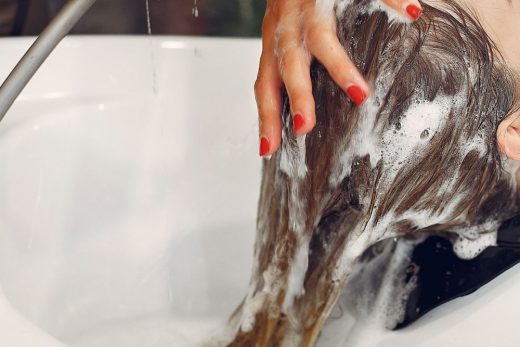Little-known fact: Your skin exfoliates itself. The natural process is called desquamation. It usually takes 28 days from start to finish, during which time new skin cells develop, mature, and shed. This means that some people, with the right routine and maintenance, might not have to exfoliate at all.
But, of course, it’s not that easy, especially in an urban environment. Plenty of interruptions can slow the skin cell turnover process, from a weakened skin barrier or imbalanced oil production to pollution particles.
That’s where exfoliating products typically step in to lend a helping hand. “Proper exfoliation leaves a fresh, healthy, and fully ‘cleansed’ epidermal surface,” Kraffert says.
Basically, exfoliation can deliver clearer skin when done correctly… but if you mix and match different types of exfoliators or use a single product too often, your favorite exfoliants have the potential to do more harm than good.
The moral of this skin care story? It’s one beauty category where less really is more.
You may need to readjust the rest of your skin care routine, too. Eliminate foaming cleansers (which can be drying and exacerbate existing issues), retinol products (which are too harsh for use on compromised skin), and, of course, any physical or chemical exfoliators. The goal is to keep it simple.
It can look waxy from wiping away skin cells and natural oils, allowing premature exposure of underlying skin. The skin appears as if it has a radiant shine. However, it is in fact very dry and exposed.





